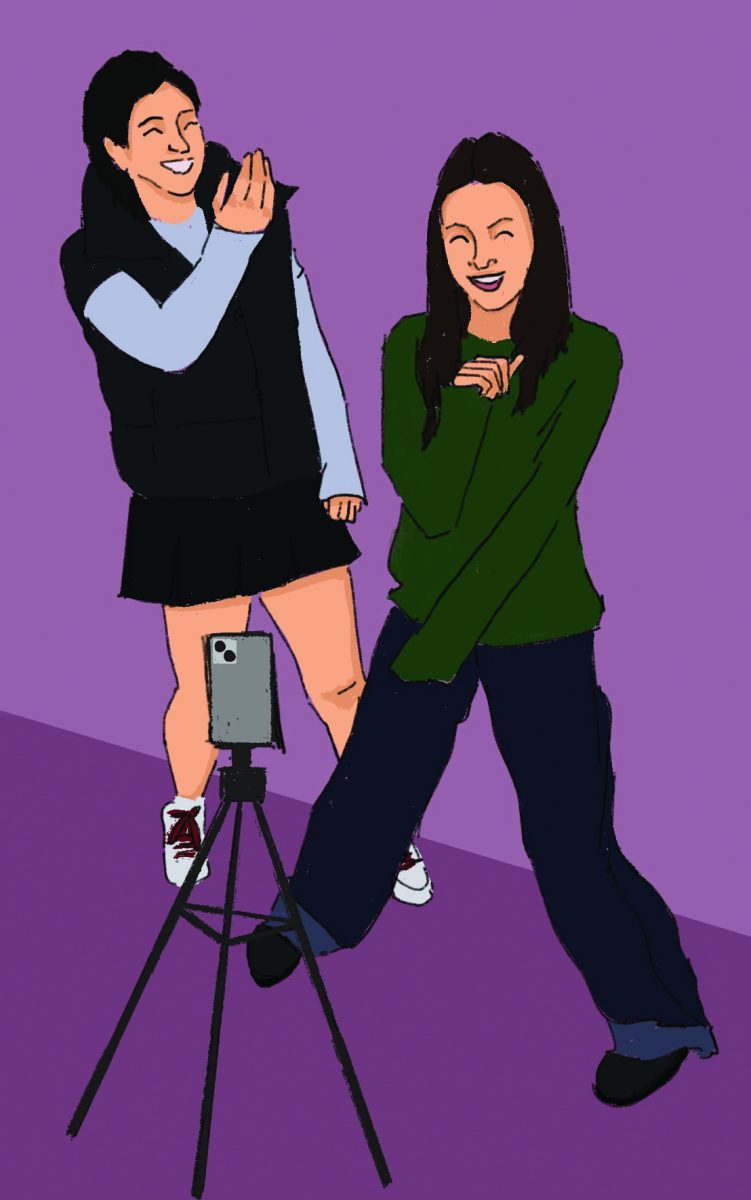By Chloe ’12
Background: Russell Armstrong, the husband of cast member Taylor Armstrong on “Real Housewives of Beverly Hills,” committed suicide on August 15th.
Media outlets have swiftly pointed to the Bravo network as the direct cause of Russell Armstrong’s tragic death, but I hesitate to put all of the blame on the media. As an avid watcher of the Real Housewives franchise, I am aware of the way that Armstrong was portrayed and read reports of what happened after cameras stopped rolling. On the show, Armstrong was seen as distant, cold and controlling; in one episode, as he drives his wife to an event she planned to benefit victims of domestic violence, he chastises her for planning it on a day that was inconvenient for him, ignoring the fact that his wife is nervous about delivering a speech that would reveal to her friends that she suffered abuse as a child. Soon after the season wrapped, news reports announced that Mrs. Armstrong had filed for divorce, citing irreconcilable differences, and filed for bankruptcy. Soon after, Mrs. Armstrong revealed to the public that she suffered long-term physical and mental abuse in her marriage.
While this untimely death puts the dark side of reality television and modern-day pop culture in the spotlight, it is hard for me to target Real Housewives as a major factor in Armstrong’s decision to take his life. He allowed himself to be filmed for the show — not something that all cast-member’s husbands do– and in doing so allowed himself to be associated with a franchise that’s known for outrageous wig pulling, table flipping and drink throwing. Real Housewives is the ultimate guilty pleasure, where bad behavior among 40-year-old women is rewarded. Not exactly high culture.
Armstrong also had a bevy of personal and professional issues, many of which stem from events that preceded his appearance on The Real Housewives of Beverly Hills, including tax evasion, bankruptcies and lawsuits stemming from monetary shenanigans that took place in 2005 and 2007. All of these problems existed before he was put into the spotlight. The show didn’t force him to commit suicide. It was ultimately his, and only his, choice. Depression and suicide are not reserved for public figures. Although Russell Armstrong was a TV star, we must understand that he had real problems, problems that affect many people.
And while I am on the subject, if anyone who reads this piece feels the same urge that Russell Armstrong did, please call a suicide hotline, such as Teen Line (310-855-4673).









